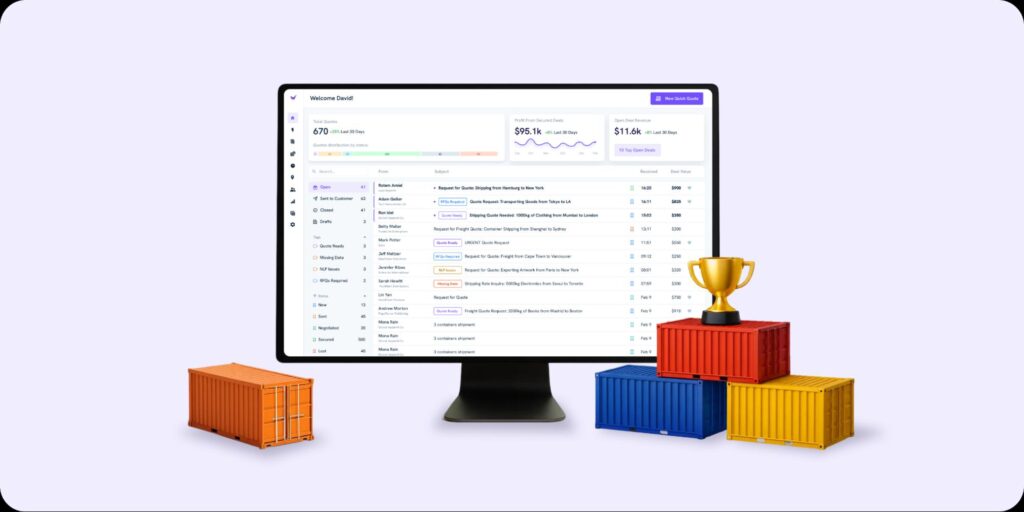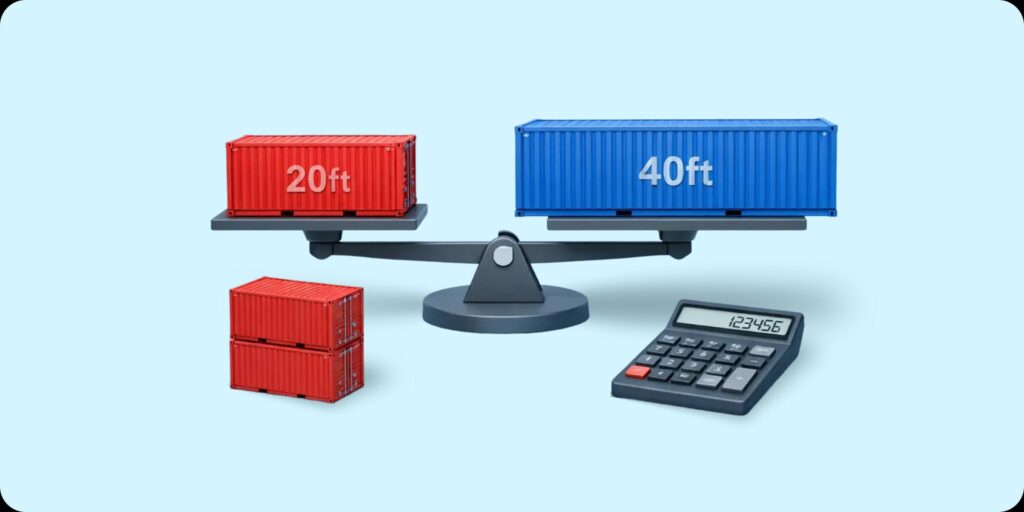Key Takeaways
- Use digital platforms to rapidly assess affected routes and identify alternatives, ensuring minimal disruption for both inbound and outbound shipments.
- Immediately engage clients to understand their needs and reassure them with proactive, tailored crisis responses.
- Compare alternate shipping options and rates using tech tools to deliver fast, transparent quotes that build trust.
- Maintain continuous client communication and adjust plans as needed via calls or Zoom to handle new timelines or costs.
- Wisor reduces quote turnaround by 85%, helping forwarders swiftly re-route freight, communicate updates, and maintain control during disruptions.
“Rebuilding that bridge will “not be quick” and will be costly,” claimed USA Transportation Secretary Pete Buttigieg, a former naval officer.
But in the aftermath of the Baltimore container ship’s deadly collision with the Key Bridge and the complete closure of the Baltimore port, the shipping industry faces further worries.
Many within the freight forwarding community are still trying to assess the numerous damages and delays caused by the disaster.
Dealing with a freight crisis is nothing new. Freight forwarders are still dealing with headaches such as the Global disruptions caused by the Panama Canal drought or the impacts of the Red Sea shipping crisis, to name just two.
The shutting down of the Baltimore port and the collapse of the Key Bridge mean that all kinds of goods need to find alternative routes to maintain their supply chain progress and delivery.
Good to Remember
Port closures cause upstream chaos: truckers, warehouse slots, and chassis providers get hit first. Factor these into reroute feasibility.
How Freight Forwarders Can Prepare for the Next Freight Crisis
Freight forwarders may want to consider the following takeaways when trying to handle a crisis better and when having to deal with such uncertainty and sudden change:
Rapid Route Assessment
By utilizing a digital supply chain management platform, a freight forwarder can immediately identify affected routes and quickly explore alternative shipping options for clients, ensuring continuity in shipping operations. Finding new routes is relevant for both outgoing and incoming shipments.
Client Consultation
A freight forwarder can then promptly engage clients to understand their preferences and concerns, assuring them of proactive efforts to resolve the crisis.
Alternative Solutions
Digital platforms enable forwarders to generate alternative routes and pricing quickly. By comparing offers, they can provide clients with viable options while maintaining transparency and trust.
Continuous Communication
Dealing with a stressful and uncertain situation calls for constant freight forwarder-client communication. Once freight forwarders issue a new quote, they need to contact their clients again, find out if they are satisfied with the alternative, and show them that the entire shipping situation is under control.
Sometimes, further consultation is required since the client may change his requirements and wants for the shipment. Since the new and alternative routes may call for a longer delivery time and higher fees, communicating the offer would be better through a face-to-face, Zoom, or phone conversation.
Expert Tip: Crisis-Proof Your Routing Workflow Before the Next Disruption Hits
- Build a pre-approved route matrix. Map 3–5 alternative port and airport options per major trade lane. Secure rate estimates in advance and tag them in your rate management tool.
- Use real-time congestion data to score diversion points. Pull port congestion, customs delays, and truck availability data weekly to assign a readiness score to fallback locations.
- Sync routing logic with client profiles. For each key client, document must-haves (e.g., no transshipment, temperature control, or CO₂ limits) and link that to auto-generated rerouting templates.
- Script client-ready alternatives within 24 hours. Prepare templated crisis response emails or call scripts that include transit tradeoffs, CO₂ deltas, and cost variances. Aim for first-touch resolution.

Insight by
Talya Sasson
Head of Product, Wisor
Wisor AI’s Digital Platform Can Help Freight Forwarders Better Handle Crises!
In times of crisis, when freight forwarders seek quick alternatives and effective communication with clients is advised, they can use Wisor AI’s supply chain management platform.
By employing a digital freight management platform, forwarders can immediately track all carriers stuck in the crisis area, consult with their clients about the situation, and quickly develop alternative routes and price solutions.
Book a demo and witness how Wisor AI can bolster your crisis readiness!







